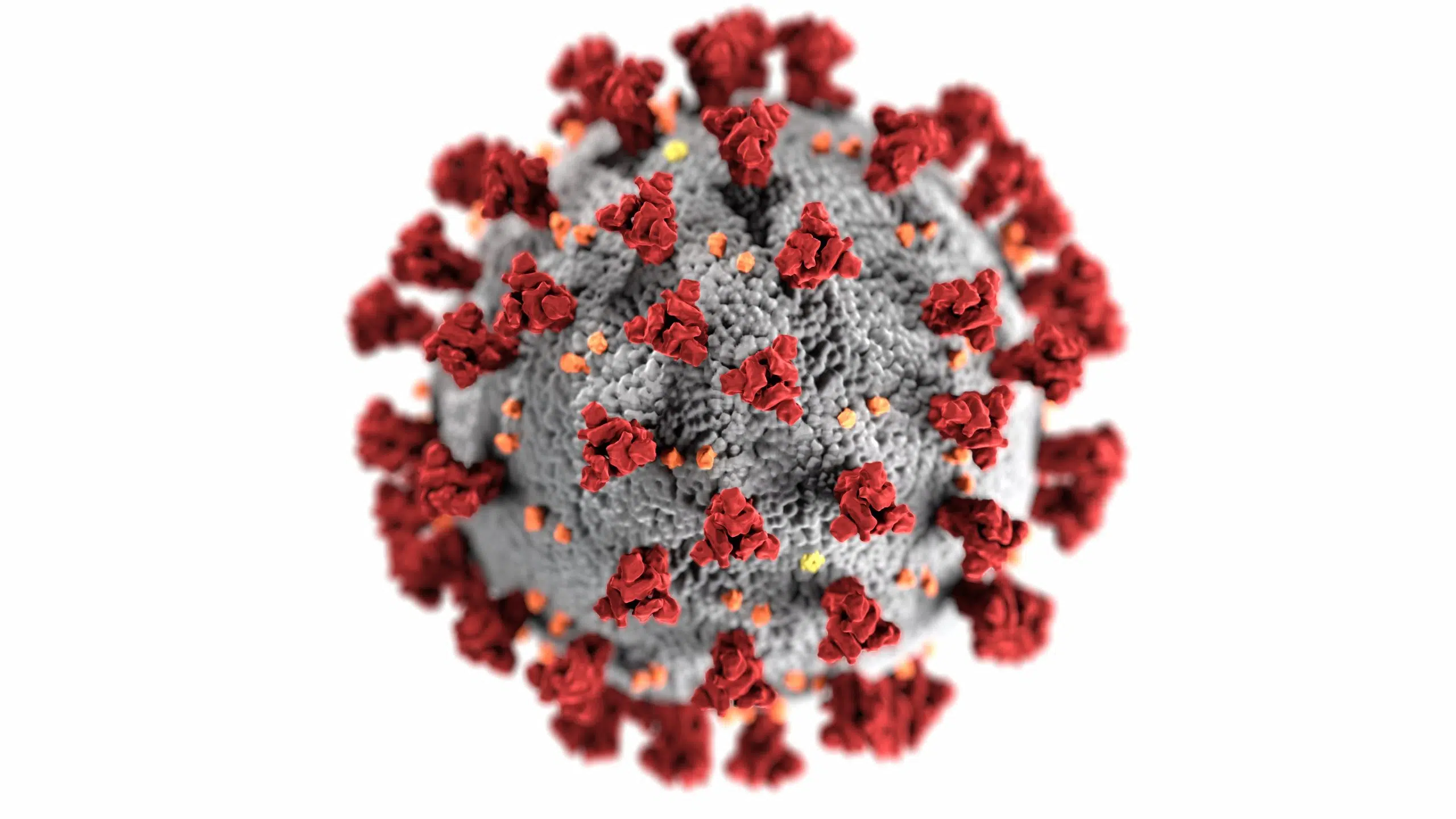For the fourth week in a row, levels of COVID-19 in Saskatoon’s wastewater have decreased and are considered “moderate.”
According to the University of Saskatchewan’s Global Institute for Water Safety, the most recent wastewater testing results show a decrease of 27.2 per cent from the week before, based on three individual daily measurements.
The amount of COVID in the wastewater in Prince Albert and North Battleford also decreased for a fifth week, by 45.4 per cent and 38.4 per cent, respectively.
Dr. Markus Brinkmann, the toxicology centre director at the University of Saskatchewan, said the results are encouraging.
“We’re basically back to levels that we’ve seen across the three cities just after the summer before the new wave that we just currently had,” he said.
“It means there’s still a risk of being infected in the community (and) the virus is still circulating, (but) we’re just not at this peak of a wave anymore.”
He said the fact that Saskatoon, Prince Albert and North Battleford are seeing lower numbers right now also likely means the pool of people who can be infected with the current strains have been exhausted either through previous infection or vaccination.
However, it doesn’t mean that any of the three cities are “out of the woods,” especially heading into the winter season.
“As soon as a new variant of concern comes in, that (decreasing) trend might as well basically turn around,” he added.
By comparison, the University of Regina also released its wastewater results, which indicated a decrease in COVID viral load last week. But levels in Regina remain “high.”
Brinkmann said it’s not unusual for there to be differences between Regina and Saskatoon. Often there can be “timing” differences between the cities.
“The team in Regina is already monitoring for this new variant of concern, the BQ variant of concern that is driving some of the recent waves in Ontario. We are not monitoring at this point in time specifically for those variants of concern,” said Brinkmann.
In the weeks ahead, though, the University of Saskatchewan wastewater team expects to begin testing for the new variant.
Right now, Brinkmann said the team is measuring the overall level of COVID virus rather than the specific percentage of a particular variant.











